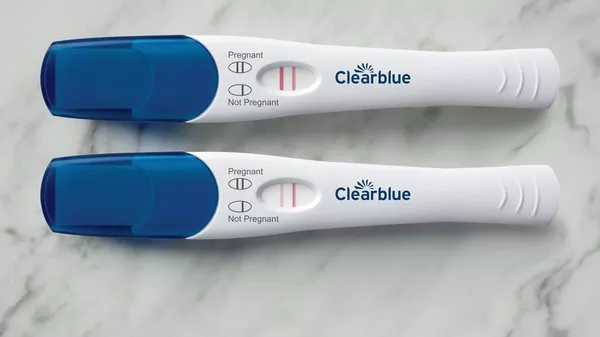California, USA – In a significant legal move, the state of California has filed a lawsuit against anti-abortion organizations, Heartbeat International (HBI) and RealOptions Obria, for allegedly disseminating false information regarding the reversal of pregnancy-ending pills. These groups had asserted that a high dosage of the hormone progesterone could counteract the effects of the mifepristone pill.
However, their claims have been met with skepticism and concern, especially after a clinical trial of this purported reversal process was halted due to patients reporting severe bleeding. California’s Attorney General, Rob Bonta, has accused both organizations of violating laws against fraudulent business practices and has submitted a formal complaint to the Alameda County Superior Court.
In a statement, Attorney General Bonta asserted, “Those who are grappling with the complex decision to terminate a pregnancy deserve support and reliable guidance, not deceit and misinformation.” As part of the lawsuit, he has requested a court order that would prevent HBI and RealOptions from promoting abortion pill reversal procedures.
The abortion pill, commonly administered in two doses with the first being mifepristone, followed by misoprostol, can be taken in California up to 11 weeks after the final day of the menstrual cycle. Advocates of the unproven treatment claim that a substantial dose of progesterone can potentially reverse the effects of mifepristone.
HBI, an international anti-abortion organization with numerous pregnancy crisis centers across the United States, contends that women who regret taking the first part of the abortion pill (mifepristone) “deserve the right to try and save their pregnancies.” Meanwhile, RealOptions, which operates five crisis pregnancy centers in California, did not respond to requests for comment from Reuters or the Associated Press news agencies.
This legal action in California follows a recent ban on the unproven abortion pill reversal treatment in Colorado. Nevertheless, approximately a dozen other states have laws requiring abortion providers to inform patients about the availability of reversal treatments.
Kansas stands out with a law obligating healthcare providers to inform patients that a medication abortion can potentially be reversed. However, this law is currently facing legal challenges from Planned Parenthood.
Elsewhere, in Texas, a federal judge temporarily suspended federal approval for mifepristone in response to a lawsuit brought forth by anti-abortion activists. The legal battle surrounding abortion-related issues continues to be a highly contentious and evolving topic across the United States.


